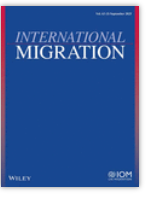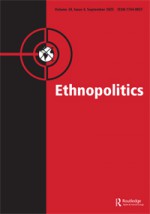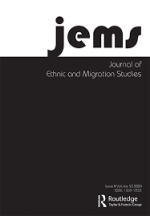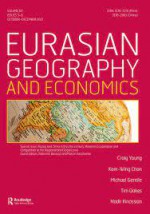Survival Strategies at the Edge of the Capital City of Mongolia, Ulaanbaatar: Revealing ger Residents’ Capacity to Aspire
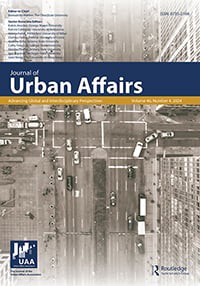
Inspired by the conceptual frame of the capacity to aspire, this study explores how public administrative officers can make formal resources available and accessible for ger residents while recognizing the “capacity to aspire” among migrant ger residents in the Tahilt area of Ulaanbaatar, Mongolia. We argue that building people’s capacity to aspire, consisting of (1) internal efforts to (2) consensus building, resulting in (3) practices of voice being heard, and (4) bottom up collaborations between public administrative officers and residents, represents a strategy toward alleviating difficulties encountered in the new urban space collectively. The ethnographic findings of this study illustrate inaccessibility of formal resources, spatiality and aspirations in an effort to incorporate residents’ voices for more collaboration. The paper calls for public administrative officers, such as public administrative officials, planners and social workers, to negotiate between policy objectives and ger residents’ agency, so that the capacity to aspire is nurtured for a collaborative culture.

